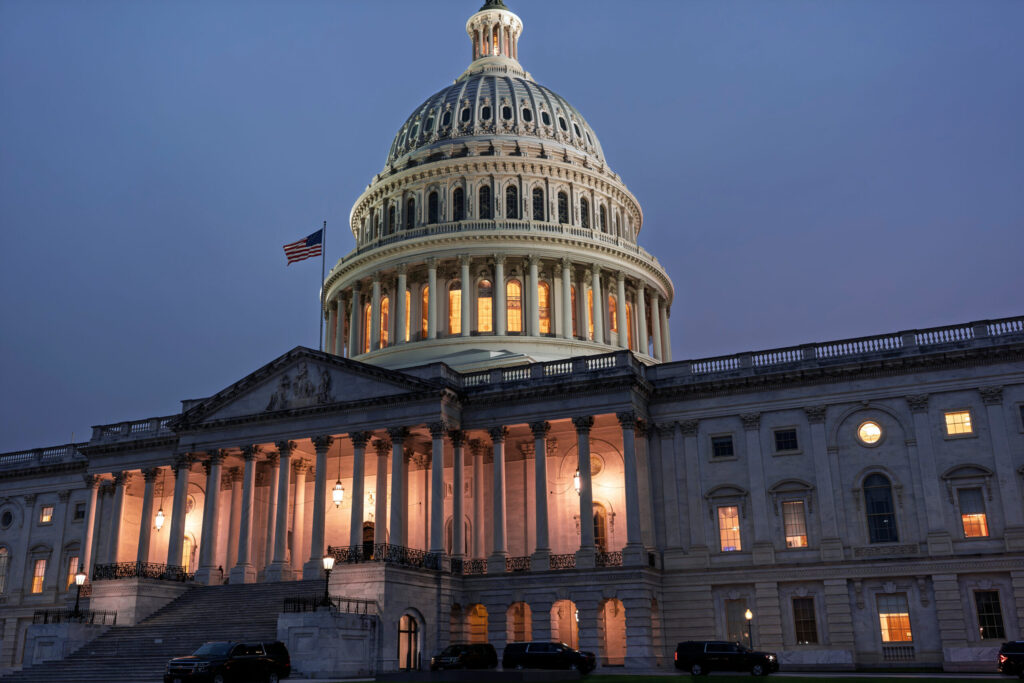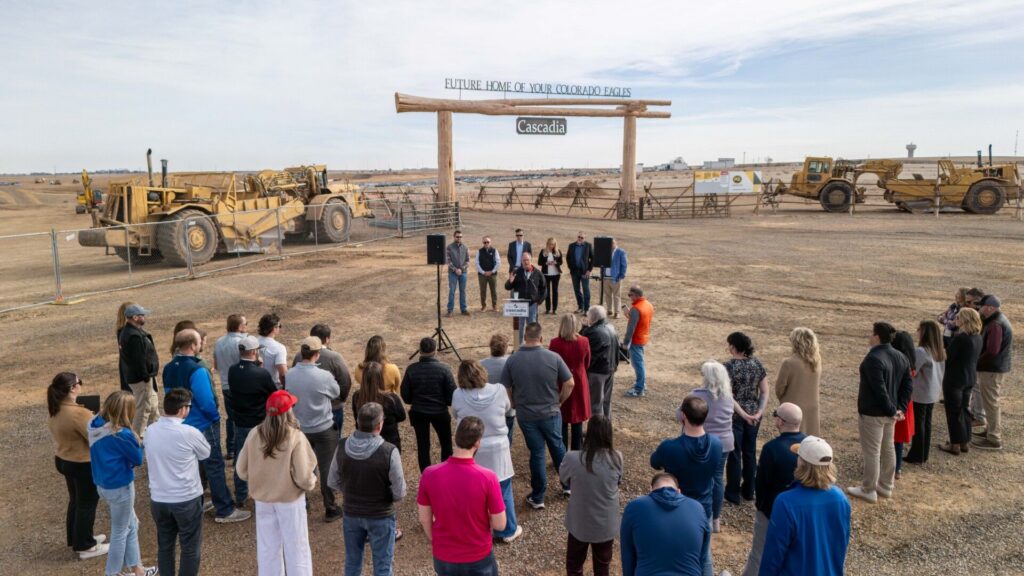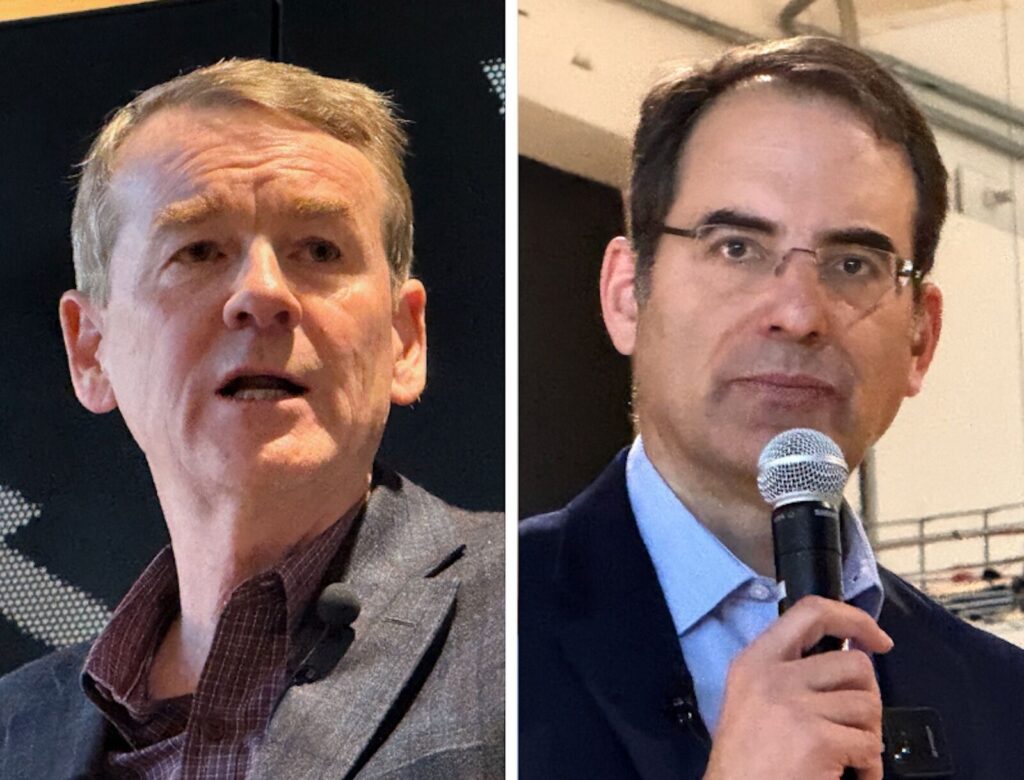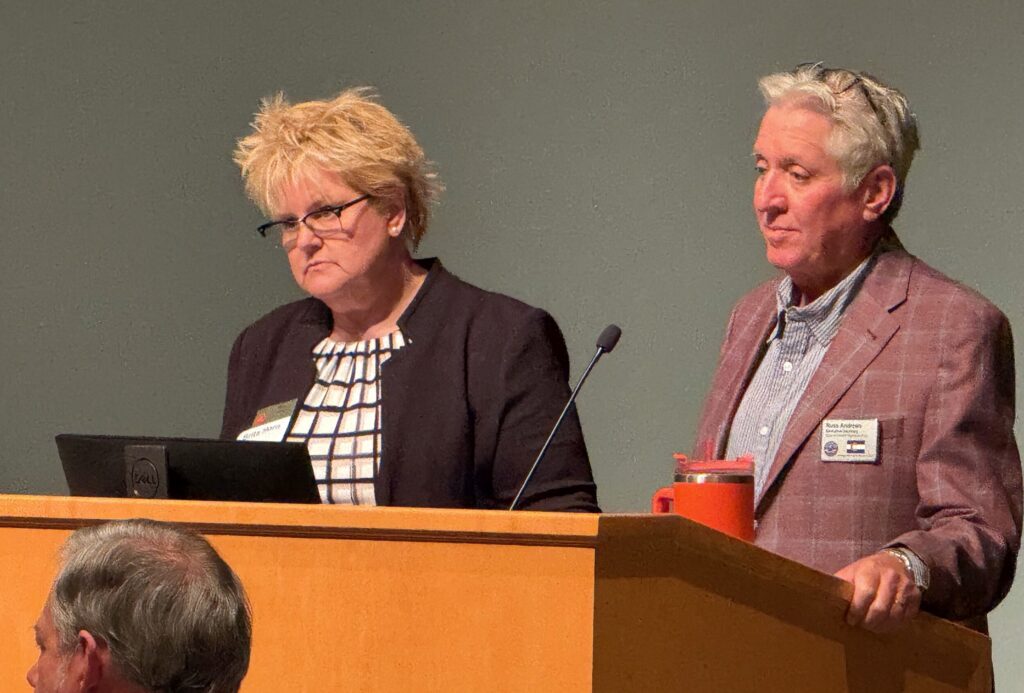Changes are coming to the way Denver City Council does its business

The days of Denver city lawmakers debating legislation into the wee hours of the morning are coming to an end.
For the first time in decades, the Denver City Council plans to “modernize” its legislative process, public comment and hearings to improve predictability and accessibility for the public and efficiency for city staff. As is done in other cities, including Portland and Los Angeles, the council is considering a “split-meeting” model, in which city business would be scheduled separately from public hearings to prevent the former from unintentionally delaying the latter.
The initiative is led by third-term Councilman Chris Herndon, who introduced the idea to his colleagues Wednesday during the council’s Operations meeting.
One reason for exploring a new way of meeting, the District 8 councilman explained, is because the format has remained “stagnant” for more than 50 years. Another, he added, is that the “exception” of council members meeting late on Mondays – the day of their weekly legislative meeting – has “certainly become the norm,” with many of his constituents now complaining that “decisions need to be made in the light of day instead of the dead of night.”
Furthermore, Herndon said, studies have shown that when people make decisions late at night, they aren’t at their “sharpest.”
Councilwoman Candi CdeBaca of District 9, who often initiates heated debates that ultimately prolong the council’s Monday meetings, pushed back at Herndon’s proposal, insisting that the council first do “robust” community engagement before making any changes, a position with which District 10 Councilman Chris Hinds said he “totally” agreed.
“I just want to make sure if we make this decision, it’s not just because it’s convenient for us,” CdeBaca told Herndon.
She also suggested that instead of moving the council meeting to 1 p.m. from 5:30 p.m., as Herndon had initially proposed, council members could consider a “cutoff” time for city business, such as 9 p.m. Bumping up the meeting, she said, could make it difficult for people who are working to tune in.
Council veteran Debbie Ortega, who represents Denver at large, wasn’t keen on the idea, though she didn’t shut it down.
“Just because we can doesn’t mean we should,” she said, before encouraging Herndon to explore what neighboring cities were doing and if there was a way to change the council’s committee process instead to lessen the debate that occurs during weekly legislative meetings.
Robin Kniech, the council’s other at-large member, said it would “behoove” the council to “slow down” on the proposal to first better identify the body’s goals before bringing them to the community for input.
Herndon told council members he and Zachary Rothmier, the council’s senior legislative analyst, plan to share more research on the ways in which other municipalities conduct city business, and that this discussion will be ongoing.
Also a factor in the conversation, officials said, will be the recent passage of Ballot Measure 2F, which was passed with overwhelming support from voters this past November. The measure allows the council to remove outdated language from the city charter to “modernize” the way the legislative branch conducts public business.
The need for the updated rules came to light at the start of the coronavirus pandemic, when council members said it became clear that the city charter could potentially restrict the body’s ability to do business during times of emergency, such as the necessity to meet virtually.
Prior to 2F passing, the city’s charter mandated that the council meet on Mondays. Now, however, that requirement language has been moved from the charter to city ordinance.
In other words, the law “remains exactly the same,” District 5 Councilwoman Amanda Sawyer, who spearheaded 2F, said in a text message, “but it is in ordinance now, so if we wanted to change (the meeting day) in the future, we could do it with a vote of council instead of a vote of the people.”













